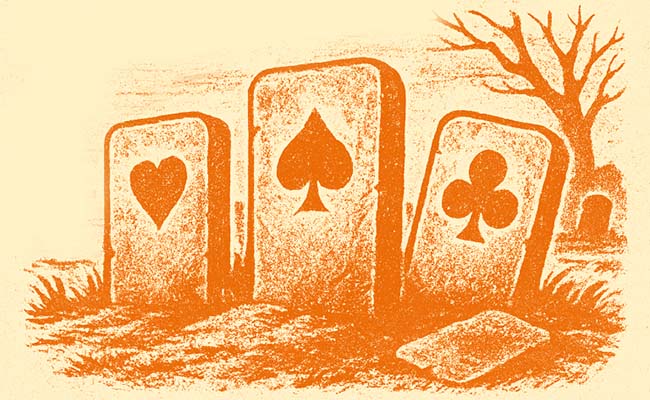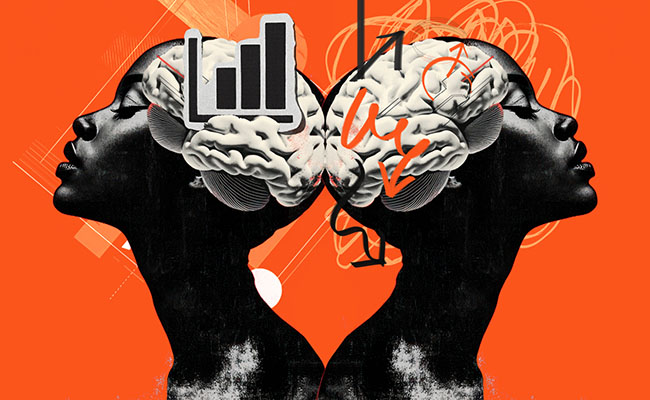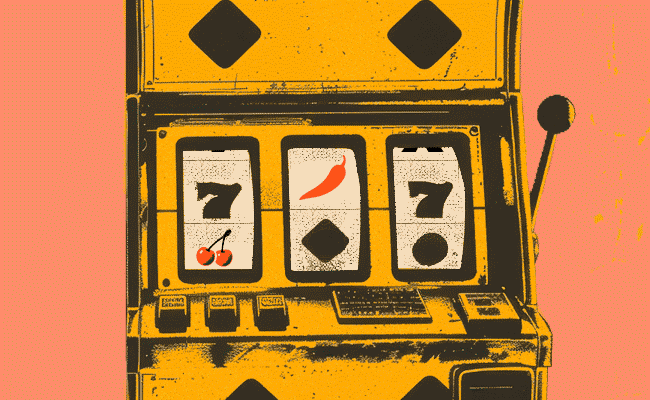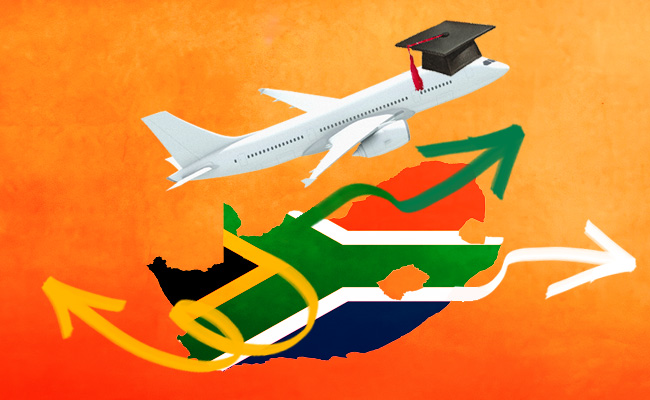No matter which way you cut it, the house always wins. This isn’t revolutionary gambling advice – it’s a well-known fact, and South Africa’s casinos and betting companies are no exceptions.
This past financial year was indeed a great one for gambling companies, with a staggering R1.5-trillion wagered, according to the National Gambling Board (NGB). That is just under half of Gauteng’s entire GDP, and higher than the GDP of all the other provinces. This is up from a turnover of R1.1-trillion in 2023/24.
An overall R75bn in revenue was generated in 2024/25, with online betting contributing more than half. That’s up from R59bn in revenue the year before.
In contrast, of course, gamblers did not have such a good year. The NGB’s acting CEO, Lungile Dukwana, notes with concern that “almost a third of the gambling population are problem gamblers”.
Of those problematic gamblers, 60% will lose their homes due to debt, and 40% of those facing financial ruin will have their cars repossessed, the Financial Sector Conduct Authority said recently, citing data from the South African Responsible Gambling Foundation. Further, about 30% of all bankruptcies in South Africa are related to gambling debt.
With the distressing state of the economy, the harm wrought by gambling is twice as damaging on a population already struggling financially.
South Africa has experienced “dismal” GDP growth averaging less than 1% a year over the past decade, youth unemployment clocks in at well over 60%, and about 45% of the population are social-grant beneficiaries, says Koshiek Karan, CEO of fintech company BankerX. “Inject a deeply extractive industry into the world’s most economically unequal society and the future is grim.”
Why do we keep rolling the dice?
If gambling is so obviously destructive, why does it keep growing at such astounding rates? Gambling is an industry that thrives on desperation, but beyond that, South Africans are particularly entranced by it.
Many experts trace the surge to the pervasive rise of online betting. Dukwana explains that during the pandemic, online betting became the only available alternative for people, which is when the NGB saw it really take off. Growth has remained consistently high to date, due to its ease of access. “There are transaction costs – fuel, time away from home or work – associated with gambling at a casino, for example, while online gambling does not face such costs.”
He adds that the rise in gambling advertising persuades more people to gamble. “This may be with the belief that they will win as big as the adverts may suggest.”
Gambling advertising can be found everywhere you turn – on blindingly bright billboards, during commercial ad breaks, or plastered over the name of provincial rugby teams (cough, cough, Hollywoodbets Sharks).
“We’re bombarded by gambling ads every single day across multiple platforms,” Karan says. “High-profile athletes proudly canvas for betting companies and betting platforms are now deeply entrenched in sponsoring sports teams, stadiums, events and concerts.”
It has become entirely normalised – “except, this isn’t normal. It’s completely dysfunctional,” he adds.
It is also no help that large gaps exist in the legislation around online gambling. The NGB admits that the National Gambling Act is outdated in today’s online world, with far too much grey area. Sports betting is the only legal form of online gambling in South Africa, but there are swathes of slot and poker games online.
Illegal operators
Minister of trade, industry and competition Parks Tau disclosed in July that the NGB recorded at least 90 online gambling websites currently operating illegally in South Africa, all of which are registered and licensed overseas.
While the NGB hopes to rectify these issues, it has not done a stand-up job so far and, in truth, is not capacitated enough to do the job that it wants to.
The NGB has been going on for 11 years now without a board of directors, and it declined to answer Currency’s questions about whether there has been any progress. In July, its chief strategic adviser resigned after a forensic audit found her performance bonus payout was not in line with policy.
Certainly, the problem does not emanate from the NGB alone – illegal credit plays a large part in sustaining the habit, plunging South Africans into even more ruinous debt.
The National Credit Regulator (NCR) sees gambling, especially online gambling, “as an emerging and serious contributor to consumer over-indebtedness”.
The NCR warns that loan sharks, or “mashonisas”, remain a persistent problem, and are difficult to regulate due to their low-key operations near taxi ranks, spaza shops, or rural settlements.
Often, they provide unlawful, high-interest loans to gamblers who have already become indebted and desperate to recover losses or to keep betting.
Taxing a nation
This predatory system is taxing on a nation with one of the world’s highest debt-to-income ratios, at about 70%. While the NCR ranks gambling among the top five causes of indebtedness, the other leading factors include the cost of living, job losses and medical emergencies.
Neil Roets, CEO of Debt Rescue, says that because of these economic pressures, “many turn to more debt to make it to the next payday, and some may turn to gambling in the hope of a quick financial solution”.
Roets notes that gambling is one of the main contributing factors his company sees when people approach it for help, but that it’s often part of a broader pattern of financial distress.
“Debt linked to gambling can be particularly complex,” he explains. “It often involves emotional distress, secrecy and a cycle of chasing losses.”
He agrees that vague regulations and high volumes of advertising encourage widespread gambling, either as a coping mechanism for existing financial problems or as a gateway to them.
“A more modernised and cohesive regulatory approach could help ensure greater protection for vulnerable individuals, especially in times of economic stress.”
Either way, it’s clear the industry has outpaced its regulators, who are floundering in the face of such a giant industry. That leaves South Africans to navigate the gambling world precariously – and it seems they’ve been dealt a losing hand.
Sign up to Currency’s weekly newsletters to receive your own bulletin of weekday news and weekend treats. Register here.













